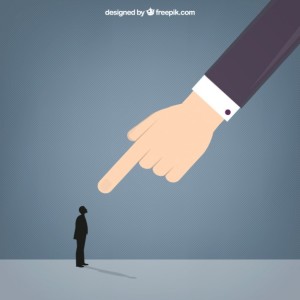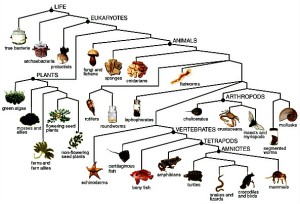 (source)
(source)
As this blogging adventure comes to a close this week, I decided that the topic should be the number one philosophical question out there: what is the meaning of life?
Now if you’ve been reading my blog for any extended period of time, you can probably guess the tone of my answer. There is no meaning to life. The entirety of human existence is subjective on some level, because none of us can ever really understand what’s going on in someone else’s head. There are billions of worlds on this one planet, and the more we are aware of that, the easier it is to communicate and cope with the people around us. The people near you and on the opposite side of the globe all exist in the same way that you yourself do, and their existence is just as valuable and significant as yours is.
I am not attempting to undermine any religious belief or deeply held spiritual notion of there being a purpose to existence. I am not attempting to tell you that if you believe in a reason for living you are wrong. Quite the opposite, really; I am telling you that any reason you have for living is the reason you exist. You define your life for yourself, and no one else can do that unless you let them. If you see the world through the actions of other people, and you want to make it a better place for them, that is your purpose. The subjectivity of human nature allows each of us to choose a reason to exist.
There is no answer, but by default that means that no answer can be wrong. The catch is that because no answer can be wrong, your own answer is not inherently right for everyone on the planet. Therefore everyone else should not be held to the beliefs you choose for yourself, and theirs should be respected as right in the same way yours are. It is often frustrating when others cannot see why you are doing something or acting some way, simply because it is different from how they go about their own lives. And there are often cases where large groups of people agree on one way of doing something, and then someone comes along with a different opinion and stirs up controversy. There will always be difficulties accepting the way of others because of how subjectively humanity lives, but the solution is to keep in mind that there are commonalities between you and every other person on this planet. People fall in love; people get hurt; people experience complex emotions and perform a multitude of activities and if nothing else, all people are united in the fact that they are biologically identical on the inside.
Perception is reality; but that is not an excuse to avoid communication and acceptance. Explain to someone why you are upset by their actions without yelling. Answer the questions of people who are ignorant of the way you live. The meaning of life is not something that everyone agrees on and accepts; it is dynamic and flawed, just like the humans who came up with the question. And keep in mind that though you may exist in your own world, all people share the planet.








